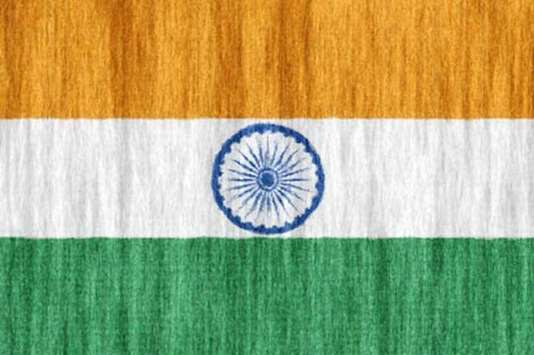Led by TDP parliamentary party leader Y S Chowdary, state ministers T G Venkatesh, K Narayana and Narsimha Rao met Kejriwal to seek the Aam Aadmi Party’s (AAP) support in both houses of parliament against the Modi government.
The team handed over a letter from Andhra Pradesh Chief Minister N Chandrababu Naidu to Kejriwal along with a booklet which centres around the denial of special category status to Andhra Pradesh by the Bharatiya Janata Party (BJP).
Chowdary told reporters that Kejriwal agreed with the TDP’s views and termed their problems as genuine.
“Today we met Kejriwal and discussed the problems faced by Andhra Pradesh caused by the Centre due to its delay in the implementation of its promises made in parliament,” he said.
“The chief minister agreed ... and described our problems as genuine.”
The TDP snapped its alliance with the BJP over the government’s refusal to give a special category status to Andhra Pradesh.
“Despite being in power in the state, our pleas to the central government have not yielded any result. India is a co-operative federal system, so the Centre has to work with the states to resolve issues. As the central government has failed to follow this principle, we are going to pass a no-confidence motion against the Modi government,” Chowdary said.
However, the All India Anna Dravida Munnetra Kazhagam with 37 members in the Lok Sabha indicated it might not support the no-confidence motion.
Tamil Nadu Chief Minister K Palaniswami told reporters in Salem that the no-confidence motion was moved by the TDP over issues concerning Andhra Pradesh.
He said when the AIADMK members had stalled parliament for 22 days over the Cauvery river water sharing, no other party had offered support.
On the other hand, Dravida Munnetra Kazhagam MK leader M K Stalin in a statement said his party would extend “moral support” to the motion.
In other developments, Congress president Rahul Gandhi criticised the proposed amendment to the RTI Bill that will render it “useless”, and slammed the BJP for believing only in keeping the truth hidden.
“Every Indian has the right to know the truth. The BJP believes the truth must be hidden from the people and they must not question people in power. The changes proposed to the RTI will make it a useless act,” Gandhi tweeted.
The BJP’s move to pass ‘The Right to Information (Amendment) Bill, 2018’ “must be opposed by every Indian” he added.
The government on Wednesday said it was considering a proposal to amend the Right to Information (RTI) Act, 2005.
The proposed amendments seek to empower the central government to decide the tenure, salary and allowances of information commissioners of the Central Information Commission and also of State Information Commissions through rules.
The information commissions are the final authorities to adjudicate on claims of access to information which is a deemed fundamental right under the Constitution.
The status conferred on commissioners under the RTI Act is to empower them to carry out their functions autonomously and require even the highest offices to comply with the provisions of the law.
As the RTI Act stands today, the salaries, allowances and other terms of service of the chief of the Central Information Commission are the same as that of the Chief Election Commissioner (CEC).
Those of the Central Information Commissioners and State Chief Information Commissioners are at par with Election Commissioners.
The CEC and other Election Commissioners are paid a salary equal to that of a judge of the Supreme Court, which is decided by parliament.
Further, the RTI Act provides for a fixed tenure of five years for information commissioners (subject to the age limit of 65 years).

